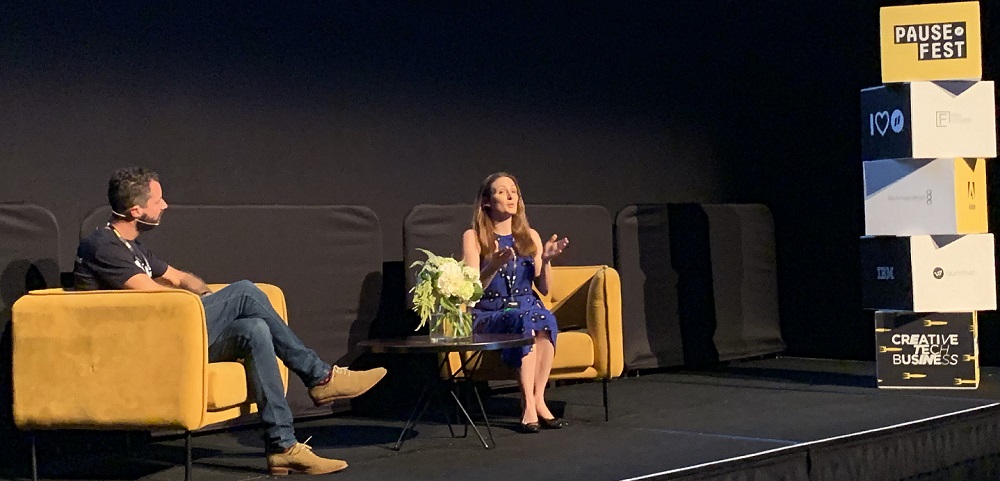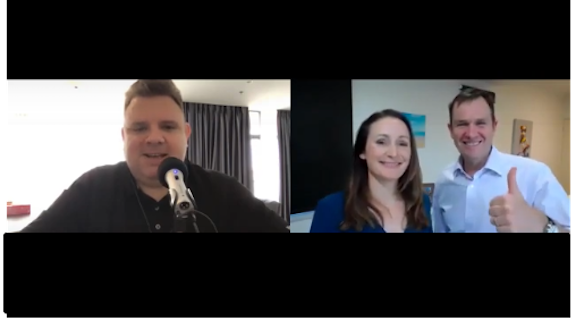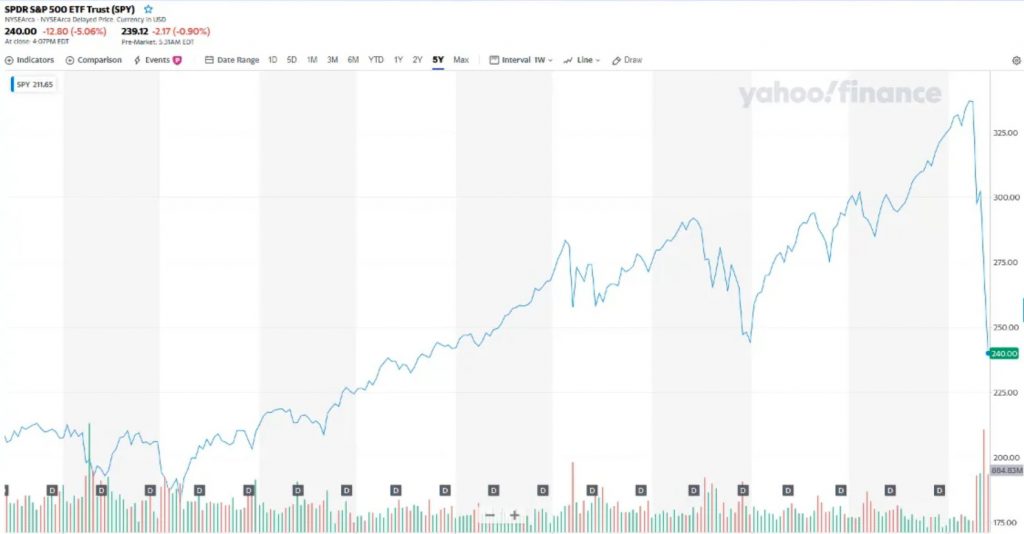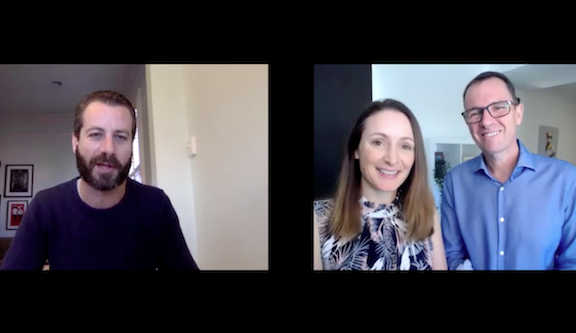Liz Raad recently spoke on stage at Pause Fest Digital Growth conference with Flippa CEO Blake Hutchison about her entreprenurial experiences of investing in websites.

Pause Fest is a billed as the “Worlds leading creativity infused business event” so I am very proud of Liz speaking at this big event!
The new CEO of Flippa Blake Hutchison started out by sharing with the audience the lessons he has learnt in just 5 months of being the new CEO of Flippa because the lessons were very relevant to any new start-up.
For example one of the first things he had to do when he came on board at Flippa was to look at the data first.
This helped him to form a business plan for moving forward with. One such data point was to break down the sales data which allowed Flippa then to change direction in terms of what key profit areas were best to focus on and what what weaknesses could be improved.
This is a very similar process that we do when we first buy any website – we let it settle (maybe for a few weeks to a month) but analyse the data in that settle in period when we first take it over and then that allows us to make our decisions as to what part of the website we will renovate first.
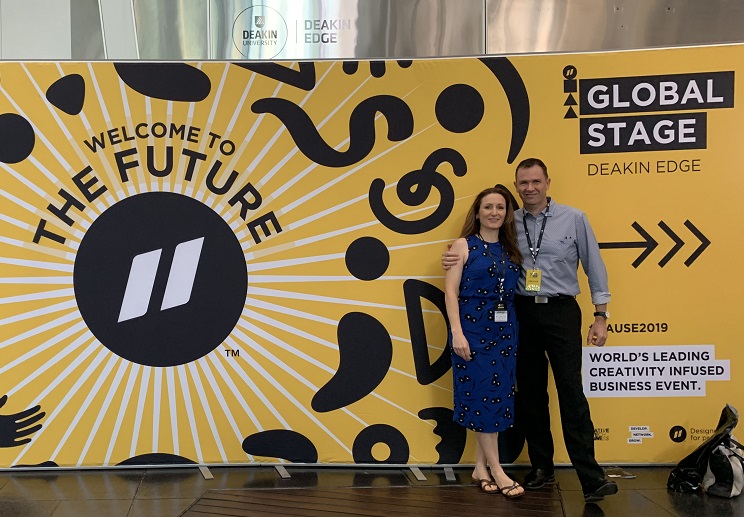
Blake also talked about the importance of speed of execution – so once you know the changes you want to make in a business, you go about implementing them quickly which is something Blake is doing with Flippa.
During Blake Hutchison’s interview with Liz Raad they really got the audience thinking about buying websites either outright or as add-ons to existing businesses as a way to accelerate the growth of a start-up or existing fast growth company or even completely bypass the start-up phase!
Liz suggested to start ups that its really useful to know what its like to buy a website – get experience on the buy side BEFORE you do your big sell-out.
The #1 bit of advice Liz gave to website business owners is to understand Website Valuation!
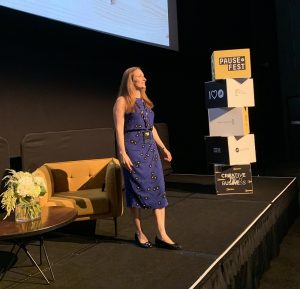
Learn the process of valuing a website, how to do due diligence etc – go onto Flippa and be an investor first, have a go at buying even a small site so you know whats involved and you will have some idea of whats going to happen one day when you come to sell your own business website and how you should best set it up for a potential buyer.
Liz also gave tips to growing companies to buy websites as add-ons to help with growth eg one of our associates bought a $25,000 website purely for the working technical platform it had which they integrated into their existing web business – and later sold in the tens of millions!
Blake shared a similar story – a $50,000 sale on Flippa for a marketplace style website that went on to become a hugely successful start-up and is now doing $50 Million in sales right here in Australia.
Buying a business to append or attach to existing website. You can buy a website that is already in your marketplace so you are really owning the space – you get huge leverage and speed as you get to buy existing traffic in your niche. This is a big things for VCs and PE now.
Training Tips For New Entrepreneurs You Hadnt Considered…
Liz and Blake also discussed the need to retrain in this digital age and how our new digital investors are not millennials but the new investors we train these days are generally 40+.
Interestingly this was an important theme at this conference – internet entrepreneurs are not the classic stereotypical millennials – the CEO of LaunchVic Kate Cornick stated in her excellent presentation about Startups that the average age now for startup founders is 37+ for men and 50+ for women.
And interestingly over 84% of startups say they need mentoring which was considered more important than capital raising.
Kate made a really good suggestion that the best mentors for startups can often be peers which is why co-share workplaces are so valuable if your starting up a new business.
Peer to peer support can work really well – and it can be as simple as catching up for a coffee or beer with your peers so make sure you schedule time for this – plus its fun too!
The Disruptive Challenges Of Future Work

One of my favourite presentations (besides Blake’s and Liz’s of course) was “The Future Of Work” presented by Scott Kirkpatrick the President and Chief Operating Officer of General Assembly (one of the worlds largest private education groups).
Of great personal interest to us here at the E-Business Institute was Scott’s discussion of the 4 key challenges regarding the future of work:
- Digital Transformation
- The Skills Gap – especially in digital and coding
- Automation and AI
- Recession Threat
According to Scott over 80% of all workers are concerned about finding new jobs as there is a lot of fear around in the US about Automation and the threat of recession.
I really liked this presentation because Scott pointed out a very practical solution for people and that is through addressing the skills gap and getting practical training and education in the things that matter especially digital and coding.
COO Scott Kirkpatrick’s message was the same as ours here at The E-business Institute: the world economy is going digital and things are changing – you can prepare for it and secure your future by getting retrained and re-skilled in digital.
Scott stated “ The winning formula is clearly TALENT” and continual Up-skilling and re-skilling are the future
The world is moving towards continual learning and in fact all innovative companies know this – they invest in continual learning and hire talent
Everyday people around the world are getting ahead by simply starting out doing a basic online course and then end up earning $120,000 pa because employers are not so much interested in your degree anymore (they know its obsolete).
Employers are more interested in your TALENT and what you can actually do, so highly practical digital skills are in demand.
Scott’s advice was study part-time at home in the evenings – the answer is NOT a 4 year degree, the answer is to chunk down our education into highly specific outcome focused and practical digital skills.
The solution is flexible, highly specific, practical, current training courses.
The answer will be shorter term credentials “micro credentials” and this is something you will be hearing a lot more about from us at the E-Business Institute!

